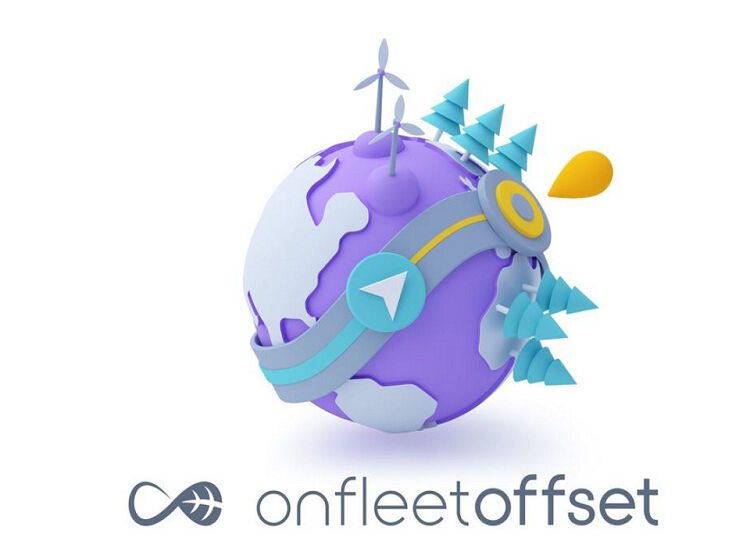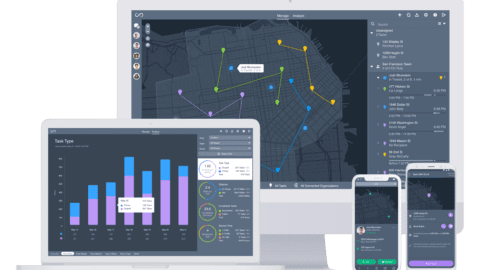The pandemic-fueled ecommerce surge has been accompanied by a dramatic increase in deliveries — and the fossil fuel emissions that accompany them. In early April 2021, carbon dioxide levels reached a record high of 420 parts per million, according to CO2 Earth, and scientists warn that emissions need to be cut in half by 2030 to avoid the worst aspects of climate change.
To help shippers not just reduce but actually neutralize their carbon footprint, delivery platform Onfleet introduced Onfleet Offset on May 1. Onfleet will calculate participating customers’ CO2 emissions by multiplying their monthly mileage by EPA GHG coefficients, based on vehicle type. Then Onfleet will purchase carbon offsets at $8 per metric ton, with $4 paid by the shipper and $4 paid by Onfleet. Funds collected by Onfleet are sent to Pachama, which in turn distributes them to American Carbon Registry and Verified Carbon Standard forestry projects.
Shippers that opt in to the program get more than a warm feeling for their money. They can trumpet their sustainability efforts by displaying a banner on their shipping detail pages, assuring their customers that their deliveries are carbon neutral. Companies can find out how to sign up for the program here.
Onfleet’s goal is to offset 5,000 metric tons of CO2 per month by the end of 2021. By the end of next year, the goal is to offset a total of 100,000 tons by protecting 113.4 million trees — the equivalent of taking 20,000 cars off the road for a year.
“At Onfleet, we have witnessed the explosive growth [in deliveries] firsthand,” wrote Khaled Naim, Co-founder and CEO of Onfleet in a blog post. “We have experienced a sharp increase in delivery volume over the past year and now power millions of deliveries every week for thousands of businesses around the world. We will soon power our 100,000,000th delivery. Drivers on Onfleet move around 20 million miles every month. That’s 25 trips around the Earth every day.”
Onfleet customers Thistle, Territory Foods, BoxKnight, Medly and Foxtrot made early commitments to the Offset program.
“Carbon offsets aren’t the solution to climate change, but they’re a start,” Naim wrote. “Climate change is an incredibly complex issue for so many reasons. However, I’m optimistic about our collective ability as human beings to rise to the challenge.”












